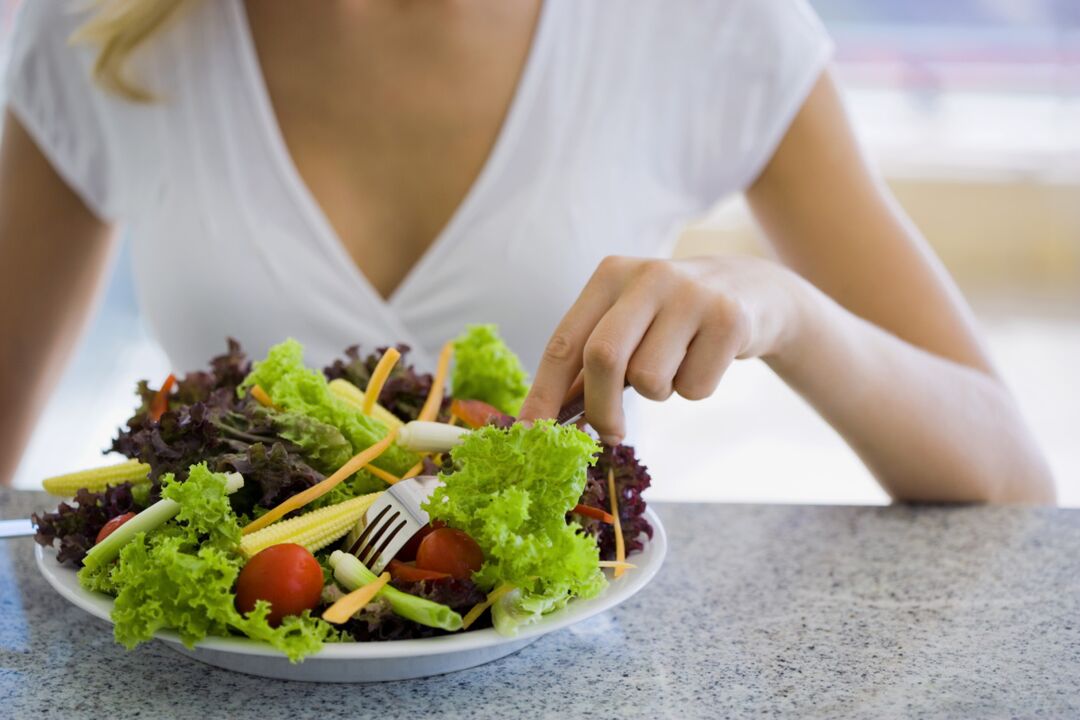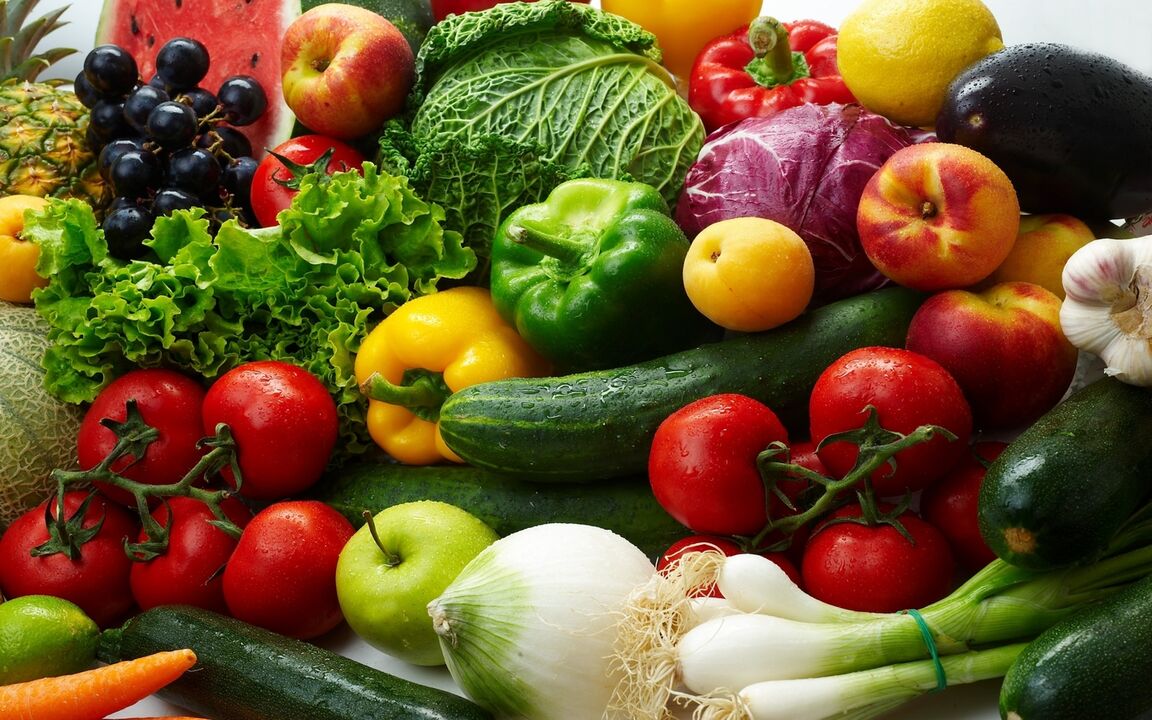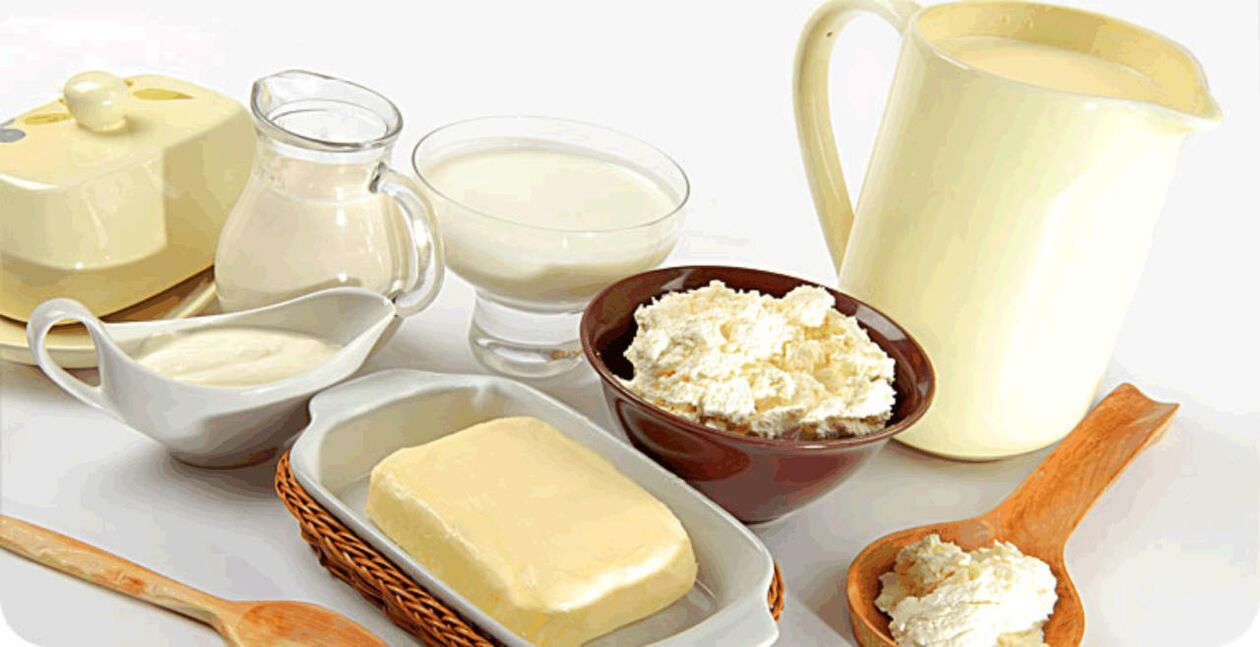Medical treatment alone is not enough for serious diseases, especially autoimmune diseases. In addition to medication, the patient is prescribed physiotherapy procedures, and a special diet is recommended. Diet is also needed for gout and high levels of uric acid.
What substances increase the amount of uric acid
Acute joint pain and reddening of the skin signal a disorder of uric acid metabolism and complications caused by its excess. The percentage of urea in the blood usually increases due to metabolic disorders. Acid-bound salts turn into stones and cause gout and urolithiasis.
In particular, the disease affects people who are genetically predisposed, but an unhealthy lifestyle also contributes to the increase in uric acid. Excessive consumption of alcohol, flour products, sweets, fatty and spicy foods, as well as improper, restricted diets can lead to the development of the disease.
The diet for gout is not temporary but permanent and cannot be compromised. A distinction can be made between the dietary principles of gout:
- Excludes products containing purines: products from cocoa beans, tea, river fish, sprat, herring, sardines, asparagus, spinach, legumes, fatty beef and pork, liver.
- Reduce protein intake, which increases urate intake.
- Drink plenty of water to remove uric acid and salts.
- Eliminate or significantly reduce salt intake. If used, then in small amounts during cooking.
- Properly balanced diet and a diet during which the body can get all the necessary substances without overloading.

What foods can be eaten
Because diet for gout and high levels of uric acid is constant, it should become a habit, a way of life. It is better to eat according to plan, that is, all products and dishes need to be taken care of in advance. Otherwise, there is an opportunity to release and eat the harmful product. Of course, this requires consulting a doctor and making a list of permitted foods. The list of what you can consume and from which you can make gourmet dishes includes the following products:
- certain types of meat and fish (chicken, turkey, rabbit). The meat is just cooked and lean;
- seafood;
- eggs (not more than one per day);
- vegetable oils (butter can be used, but rarely and in limited quantities);
- cereals (except rice) and pasta;
- it is recommended to consume plenty of vegetables, fruits and herbs, with a small exception - parsley, celery, radish;
- dairy products must be low-fat - yogurt, kefir, fermented fried milk, unsalted cheese;
- spices are best excluded, but sometimes you can use small amounts of bay leaves, cinnamon, vanilla, vinegar;
- from sweet only natural products - honey, jams, marmalades;
- alcohol should be completely removed, but in very rare cases no more than 100 g of vodka may be allowed;
- from drinks - plain and mineral water, juice from permitted fruits, rosehip broth, chicory, fruit drink.

What not to eat
Along with the food you are allowed to eat, you need to choose those that not only cannot be eaten raw, but also cook any kind of food:
- sausages and fatty meats;
- tomatoes, asparagus, cauliflower, spinach;
- preserved vegetables and preserved fish and meat;
- mushrooms in any form;
- fatty dairy products;
- animal fats;
- plums;
- smoked products (fish, meat);
- spices;
- confectionery, especially with a high content of cream;
- spicy and salty cheeses.

The list of permitted and prohibited products should be adapted on a case-by-case basis. If the patient has co-morbid conditions such as diabetes or visceral disorders, this should also be taken into account. It should also be borne in mind that different types and stages of gout require temporary restrictions even when following a chosen diet. Thus, in the event of an exacerbation, meat and fish are completely excluded.
If a person suffers from swelling of the joints, then it is recommended to consume decoctions of watermelon and herbs.
Correct menu
In order to decide which dishes are right for you, it is important not only to know what can be consumed, but also under what conditions. For breakfast, it is recommended to prefer nutritious and high-calorie but simple dishes. Perfect for: flakes, cheesecakes, scrambled eggs with vegetables, pancakes. For lunch it is better to choose the first vegetable dishes, boiled meat, steamed cutlets or cutlets, compotes, vegetable salads, milk soups and flakes.
Dinner should be light, but don’t let you feel hungry. It is desirable to choose dishes from vegetables, low-fat dairy products: vegetable and curd stews, pancakes with jam, kefir, dried fruit, stewed fish with vegetables, etc. Once a week, nutritionists advise to hold a fasting day. But by no means do without food! Fruits and vegetables in small quantities, as well as sour milk products, are ideal on such days.
In any case, the treating doctor and nutritionist should decide which foods to consume and which to exclude. It is not safe to choose your own diet - you can get another treatment for one disease.
















































































